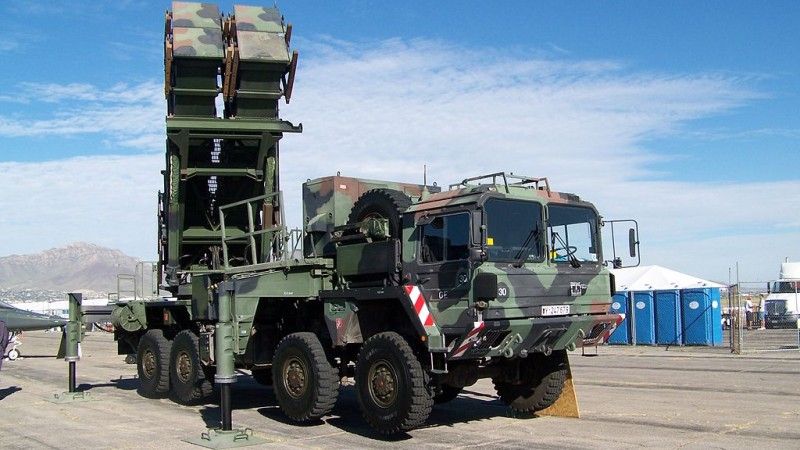Armed Forces
Germany will be a NATO “framework nation” which is to cooperate with Poland in the area of anti-missile defence

During the Newport Summit the leaders of the NATO member states assumed that certain NATO capabilities will be developed by certain countries which are to be treated as “framework nations”. Poland, under the German guidance, will be involved in creating the anti-missile defence system.
According to the information published by the German Ministry of Defence, the initiative is to expand the capabilities within the scope of anti-missile defence, reconnaissance, surveilance and intelligence, command and logistics. According to the contents of the declaration published during the summit in Wales, the cooperation shall also include development of capabilities within the scope of delivering firepower from air, sea and land. Besides Germany, the collaboration includes countries such as Poland, Netherlands, Luxembourg, Czech Republic, Hungary, Belgium, Denmark, Croatia and Norway.
One of the elements of the conception that is often mentioned is to enhance the combat readiness of the Multinational Corps Northeast. According to the Polish Ministry of Defence, the Corps is to achieve HRF status (High Readiness Force), in order to provide capabilities of commanding and directing the full spectrum of the NATO missions, with a particular emphasis placed on Article 5 operations and quick deployment. At the same time this would provide support of implementation of reinforcing the north-east NATO allies. Reinforcement of the Corps is a long-term activity, nevertheless the unit is still a command structure, with no combat units that are permanently assigned.
Additionally, under the leadership of the United Kingdom, Joint Expeditionary Force is to be formed. This body would include troops from Norway, Denmark, Netherlands, Lithuania, Latvia and Estonia, and it would gather units that are capable of a quick reaction within the full scope of potential danger, including high-intensity conflicts. On the other hand the Italian initiative is concentrated on peacekeeping and reconstruction, which may be closely tied to the character of potential dangers in the Mediterranean region.
At the present moment it is hard to assess the idea of “framework nations” and the roles Warsaw and Berlin are to fulfill within the implemented initiative. On one hand status of Poland, which is not treated as a “framework nation” in relation with Germany, raises some concerns. It was earlier, when the Atlantic Council has published an original project, which assumed that Germany and Poland together are to be treated as a “framework country” in the critical field of collective defence. Simultaneously, participation of Germany in the exercises that take part in our region has been, so far, quite limited, which raises some doubts whether the “framework country” is willing to participate in the allied defence system.
On the other hand though, if such form of cooperation would lead to a realistic reinforcement of the German capabilities within the framework of the collective defence system, it should be accepted. Germany has a huge economic potential and modern Armed Forces, which are equipped e.g. with anti-missile systems – the Polish Army still does not have a decent anti-missile shield. It is hard to imagine whether the idea of collective defence would be even possible to implement in the region without the Federal Republic of Germany. At the same time, the German public opinion appears to be more eager to accept the international military initiatives rather than independent German moves.
